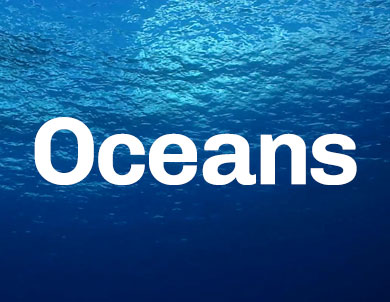Coral reefs are made up of colonies of hundreds to thousands of tiny individual corals, called polyps. These marine invertebrate animals have hard exoskeletons made of calcium carbonate, and are sessile, meaning permanently fixed in one place. Polyps grow slowly, forming different shapes and sizes depending on their species.
Assisted by other animals with calcium carbonate skeletons and also coralline algae, corals form complex, three-dimensional reefs.
Coral reefs provide an important ecosystem for marine life, offering food and shelter among their crevices and branches for animals including fishes, molluscs, sea urchins and sponges.
Corals are found in all of Earth's oceans, from tropical to freezing temperatures, however they only build coral reefs in warm, shallow seas in the tropics. Among the biggest and best-known are the reef systems of the Great Barrier Reef of Australia, which is around 2,300 kilometres long. The most biologically diverse reefs in the world can be found in a region known as the Coral Triangle in Southeast Asia.
Watch a video about corals, the builders of the reef and explore more about coral reefs.
